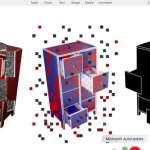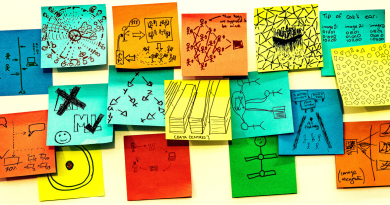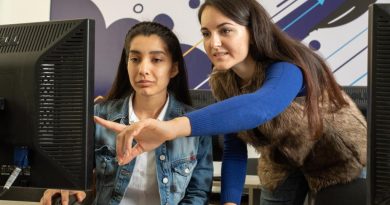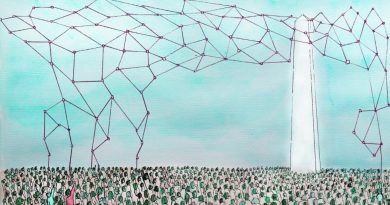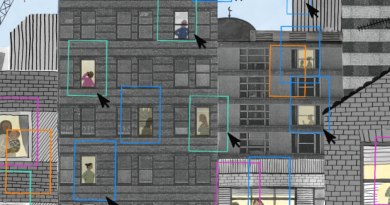eAssessment and Generative AI
Yesterday I took part in an EDEN network webinar held as part of Open Education Week 2024 on Rethinking Digital Assessment in the Age of GenAI.
This event aimed to provide educators with insights into redesigning digital assessment strategies…

